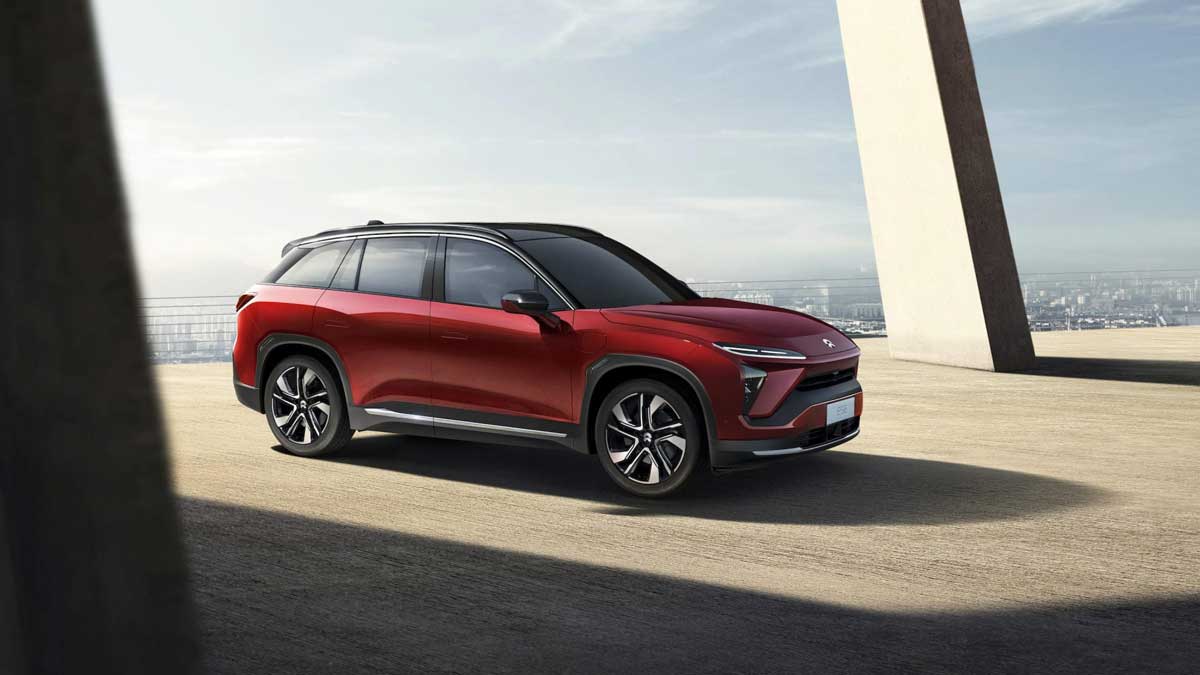Chinese EV maker Nio has conducted two million battery swaps, powering almost 400 million kilometres of emissions-free driving from its network of battery swap stations.
Sales of Nio electric vehicles doubled in 2020 with more than 40,000 units of its ES8, the ES6 and EC6 models delivered to Nio customers.
Although the newcomer’s sales numbers are relatively modest compared to big Chinese auto market players such as BYD, SAIC and Geely, interest in the company surged in 2020 with the US-listed company’s stock values increasing by an incredible 1400% and surpassing that of US auto mainstay General Motors.
At one point, it became the most-traded EV company in Australia, according to trading platform eToro, exceeding even that of Tesla, the leader in EV sales in many global markets.
Much of the interest in Nio stems from its innovative battery swap system, which it sells as a “Power Swap” service allowing it to drop the price of its premium electric models.

A recent study from BloombergNEF suggests that battery swapping could “turbocharger” the electric vehicle transition as it deals with the perceived problem of drivers who want to “refill” their vehicle as quickly as it takes to refuel a tank of petrol or diesel.
A battery start-up formed by ex-Tesla and Google engineers named Ample wants to deploy a network of battery swap stations that could be accessed by any brand of electric vehicle, although this presents the need for industry-wide adoption of modular battery packs and vehicle access, as well as questions about warranties.
But it appears that battery swap works for Nio’s customers, who live in China and have access to nearly 180 battery swap stations.
According to Nio, one driver alone completed 654 battery swaps while the most travelled driver has used 67 battery swap stations across China.
The most visited Nio battery swaps stations (by capita) are in the Chinese cities of Harbin, Beijing, Chengdu, Haikou, and Shenzhen.
Nio says it is planning to introduce Power Swap 2.0 in mid-April but has not yet given any details about what the new battery swap upgrade will entail other than to say it will involve “a more convenient power service experience”.

Bridie Schmidt is associate editor for The Driven, sister site of Renew Economy. She has been writing about electric vehicles since 2018, and has a keen interest in the role that zero-emissions transport has to play in sustainability. She has participated in podcasts such as Download This Show with Marc Fennell and Shirtloads of Science with Karl Kruszelnicki and is co-organiser of the Northern Rivers Electric Vehicle Forum. Bridie also owns a Tesla Model Y and has it available for hire on evee.com.au.

